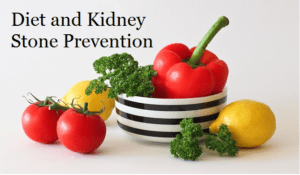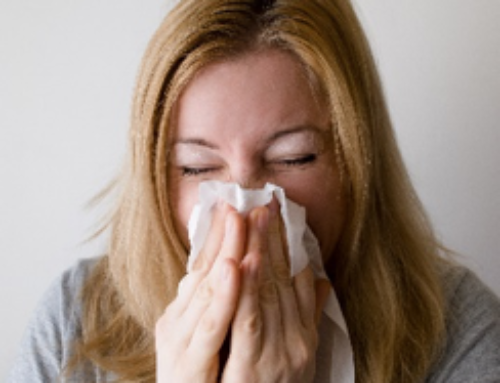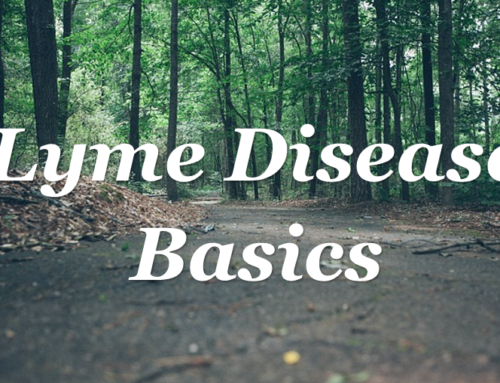 Portions of this newsletter have been adapted from the National Kidney Foundation (NKF) article “Blood Pressure-Reducing Diet May Also Diminish Kidney Stone Risk”
Portions of this newsletter have been adapted from the National Kidney Foundation (NKF) article “Blood Pressure-Reducing Diet May Also Diminish Kidney Stone Risk”
WHAT IS THE DASH DIET?
The Dietary Approaches to Stop Hypertension (DASH) diet was originally designed to decrease blood pressure, however, it has been shown to have many benefits, including decreased risk of stroke, heart disease, heart failure, cancer, diabetes, and even kidney stones.
The DASH diet is:
- High in:
- Fruits
- Vegetables
- Legumes and nuts
- Moderate in:
- Low-fat dairy products
- Low in:
- Animal proteins
- Refined grains and sweets
While most of the benefits of this balanced diet may not be surprising to you, doctors used to recommend a low-oxalate diet for kidney stone prevention. However, recent research has shown that the DASH diet is twice as effective in lowering the risk of kidney stone development as the low-oxalate diet (as measured by urinary risk markers).
WHAT IS OXALATE AND HOW DOES IT CAUSE KIDNEY STONES?
Oxalate is an anion (negatively charged ion) that binds to calcium and other compounds, which can create crystals in the kidneys, normally excreted in the urine. The more oxalate-calcium crystals that form, the higher the chance of a stone developing.
According to the National Kidney Foundation (NKF), high levels of oxalate can be found in many healthy foods such as spinach, kale, beets, almonds, navy beans, bulgur, sweet potatoes, rhubarb, and rice bran.
WHY THE DASH DIET OVER LOW-OXALATE?
Physicians used to recommend a low-oxalate diet so there was less oxalate to bind to calcium. However, the NKF now recommends “eating and drinking calcium and oxalate-rich foods together during a meal…This is because oxalate and calcium are more likely to bind to one another in the stomach and intestines before the kidneys begin processing, making it less likely that kidney stones will form.”
Instead of limiting the oxalate-rich foods listed above, the NKF recommends eating a well-balanced, DASH-style diet that will provide rounded levels of calcium and oxalate. “Many high oxalate foods are healthful and a low-oxalate diet can be very restrictive. The DASH diet reflects a more balanced diet and as a result may be easier and more realistic to follow long-term,” said Dr. Kerry Willis, Senior Vice President for Scientific Activities at the National Kidney Foundation.
4 Tips from the National Kidney Foundation to Reduce Your Risk of Forming Kidney Stones
- Drink fluids!Ideally, 2-3 liters daily.
- Water is best.Water is the best fluid to drink. Another option is sugar-free fresh lemon or lime juice mixed with water.
- Eat fruits and veggies.In general, eating a diet high in fruits and vegetables, moderate in low fat dairy and low in salt and animal protein might prevent kidney stone formation. Most Americans eat more than the recommended amounts of animal protein and salt.
- Stick to a treatment plan.After a kidney stone, work with a doctor to create an individual treatment plan that considers fluid intake, diet and sometimes medication.
Sources:
“Blood Pressure-Reducing Diet May Also Diminish Kidney Stone Risk.” The National Kidney Foundation. 12 Aug. 2014. <https://www.kidney.org/news/newsroom/nr/BP-Reducing-Diet-May-Diminish-Stone-Risk>.






Great delivery. Outstanding arguments. Keep up the good effort.
Thanks!
Very interesting subject , regards for putting up.
Wow, fantastic weblog structure! How long have you ever been running a blog for? you make blogging glance easy. The entire glance of your web site is great, let alone the content!
“Great Blogpost! Way cool! Some extremely valid points! I _appreciate you writing this post and also the rest of the website is also very good.”
I truly enjoy looking at on this web site, it has got good blog posts. “Never fight an inanimate object.” by P. J. O’Rourke.
I am now not sure the place you are getting your information, however good topic. I must spend some time studying more or understanding more. Thanks for excellent info I used to be on the lookout for this info for my mission.
Hello there, I found your website via Google while searching for a related topic, your website came up, it looks good. I’ve bookmarked it in my google bookmarks.
Deadly accurate answer. You’ve hit the buesllye!
I like looking through a post that can make people think. Also, thanks for allowing me to comment!
discount sales shop